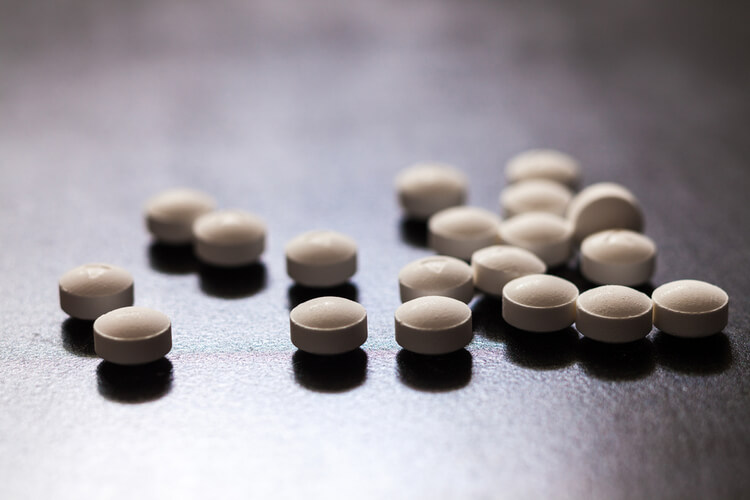

Louisiana is caught up in the national opioid abuse epidemic. To curb the crisis, Governor John Bel Edwards recently signed a series of bills pertaining to the prescription of opioids. These laws restrict prescriptions and aim to block “doctor shopping.” With the sixth-highest opioid-prescribing rate in the country, lawmakers hope the new restrictions will prevent people from becoming addicted to the drugs they seek to mitigate their pain.
Status of Opioid Crisis in Louisiana
The Centers for Disease Control and Prevention declared the abuse of prescription opioids an epidemic in 2016. That year, 66% of 63,600 drug overdoses nationwide involved an opioid. The number of opioid deaths shot up to 600,000 people from 2000 to 2016. On average, the CDC states that 115 Americans die each day due to an opioid overdose. Over half of these deaths are due to prescription opioids.
In Louisiana, many pain patients who become addicted to their medication engage in “doctor shopping” to obtain multiple pain prescriptions. When they can no longer legally obtain medication, they often turn to illegal street heroin to get their fix. The crisis is so severe, the Louisiana Department of Health is suing over a dozen pharmaceutical companies for worsening the opioid crisis. Hundreds of similar lawsuits are being filed by cities, counties, and state agencies around the country amid this crisis, which claims tens of thousands of lives annually.
New Laws Intend to Reduce the Impact of Opioids
So many people have valid opioid prescriptions that it’s relatively easy for a person who is addicted to get their hands on the substance. Doctors frequently prescribe opioid medications to patients who have undergone outpatient surgery and do not suffer from a chronic condition. The state is taking action, however, to put a stop to the widespread prescribing of opioids. Three new laws took effect January 1, 2018.
Seven-Day Opioid Supply: This law seeks to prevent patients undergoing an outpatient surgery from receiving a 30-day supply of opioids. The seven-day supply law limits patients who are receiving opioids for the first time to treat an acute (short-term) condition to just seven days’ worth of drugs. Doctors can use discretion to override the law, but they must provide reasoning for doing so and document it in the patient’s chart. Doctors must also educate patients about opioid addiction.
Continued Education for Prescribing Controlled Substances: People who prescribe medications must obtain 3 credit hours encompassing drug diversion, best practices for prescribing opioids, and addiction treatment. These credit hours are a one-time prerequisite for anyone obtaining their licensure or renewing it, and are included in the hours required by the Louisiana State Board of Medical Examiners.
The state’s prescription monitoring program or PMP will also receive a boost with additional actions for opioid prescribers. Under this law, prescribers must check the patient’s record in the PMP before prescribing an opioid to the patient for the patient’s first time. Prescribers must also check the patient’s record every 90 days if the opioid treatment is ongoing to prevent doctor shopping.
Heightened scrutiny of controlled substances like opioids can lead to severe penalties for a person caught possessing these drugs without a valid prescription. If you are being investigated for opioid possession in Louisiana or are already facing formal charges, you need to speak with an experienced prescription drug defense attorney.
Opioids are a Schedule II controlled substance that can lead to a myriad of unfavorable penalties. Eric Johnson of The John D. & Eric G. Johnson Law Firm has over 24 years of experience defending prescription drug crimes throughout the state. Receive a free and confidential consultation by calling 318-377-1555 or contact us to schedule an appointment.
